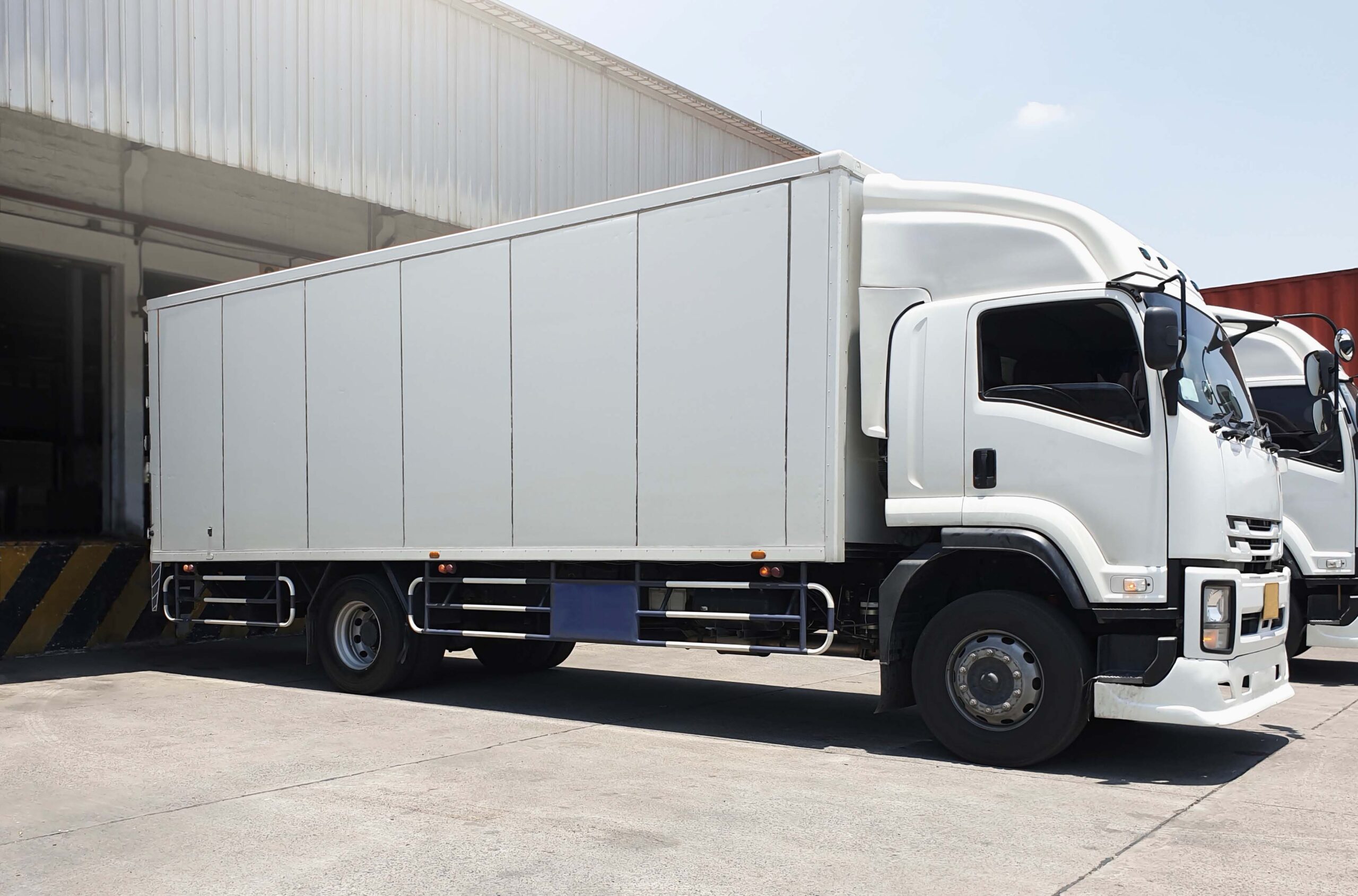Why Invest In Fleet Tracking In 2023
Why GPS Fleet Tracking is Accelerating Across the UK
Inflation is on the rise in the UK, and businesses are feeling the pinch. With costs increasing across the board, companies are faced with the challenge of either passing those costs onto consumers or finding ways to save money internally. As inflation reaches a 40-year high, businesses are grappling with the impact on their sales and searching for ways to weather the storm. Amidst these challenges, one area where UK businesses are finding relief is in GPS fleet tracking.
Empowering Fleet Efficiency
Efficiency is the name of the game in the highly competitive fleet industry. Fleet managers are constantly looking for ways to cut costs, reduce wastage, and improve their bottom line. The current surge in inflation has put even more pressure on fleet managers to find solutions that can help them navigate these financial challenges.
Fleet managers have a wide range of responsibilities, including planning, directing, managing, coordinating, and overseeing various aspects of the company’s fleet and operations. With such a diverse set of tasks, it’s no wonder that fleet managers face numerous obstacles in their day-to-day work.
According to Verizon Connect’s recent Fleet Technology Trends Report 2023, fuel costs, increased overall costs, meeting customer demands, labour costs, and competitive pressure were among the top challenges identified by fleet managers in the UK. These challenges require innovative solutions to ensure the smooth operation of fleets and meet business objectives.
Enter GPS fleet management technology, which is gaining traction across the UK as a valuable tool for overcoming daily fleet challenges. The adoption rate of GPS fleet tracking technology is growing, with an average adoption rate of 71% in Europe. In the UK alone, 75% of fleets are utilizing GPS solutions to navigate through the turbulent economic period.
GPS Tracking Drives Savings
In addition to pre-cooling, other innovative ideas can further optimise cold chain logistics. For example, implementing advanced temperature monitoring systems with real-time data tracking can provide valuable insights and proactive alerts. By continuously monitoring temperature conditions during transit, logistics teams can promptly identify and address any deviations that could jeopardise the quality of the goods.
Furthermore, by utilising advanced technologies that offer improved monitoring and management capabilities throughout the entire supply chain, including the integration of temperature sensors and GPS tracking, businesses can collect detailed information on temperature conditions, location, and other important factors. This valuable data empowers businesses to make more informed decisions, optimise their route planning, and efficiently allocate resources for maximum effectiveness.
Invest In Newer Technology
Investing in new technology is crucial for improving fleet operations. GPS fleet management technology not only helps companies meet industry targets and drive efficiencies but also saves costs and reduces emissions. With an increasing number of fleet managers in the UK and Europe adopting GPS solutions and experiencing positive results, it’s clear that GPS fleet tracking is a wise investment.
As the technology continues to advance, it will shape industry standards and drive better business outcomes. To stay ahead of the competition and meet business targets, it’s essential for businesses to adopt and invest in GPS fleet management solutions. By doing so, they can maximize efficiency, reduce costs, and make a positive impact on the environment.
More Articles & Case Studies
Want To Learn More?
If you aspire to enhance your fleet operations, give us a call or drop us an email, and together we can explore how our solutions can transform your business. Don’t miss out on the opportunity to optimise your fleet’s performance and maximise your success.
Contact us now and unlock a new era of efficiency and profitability for your company.





